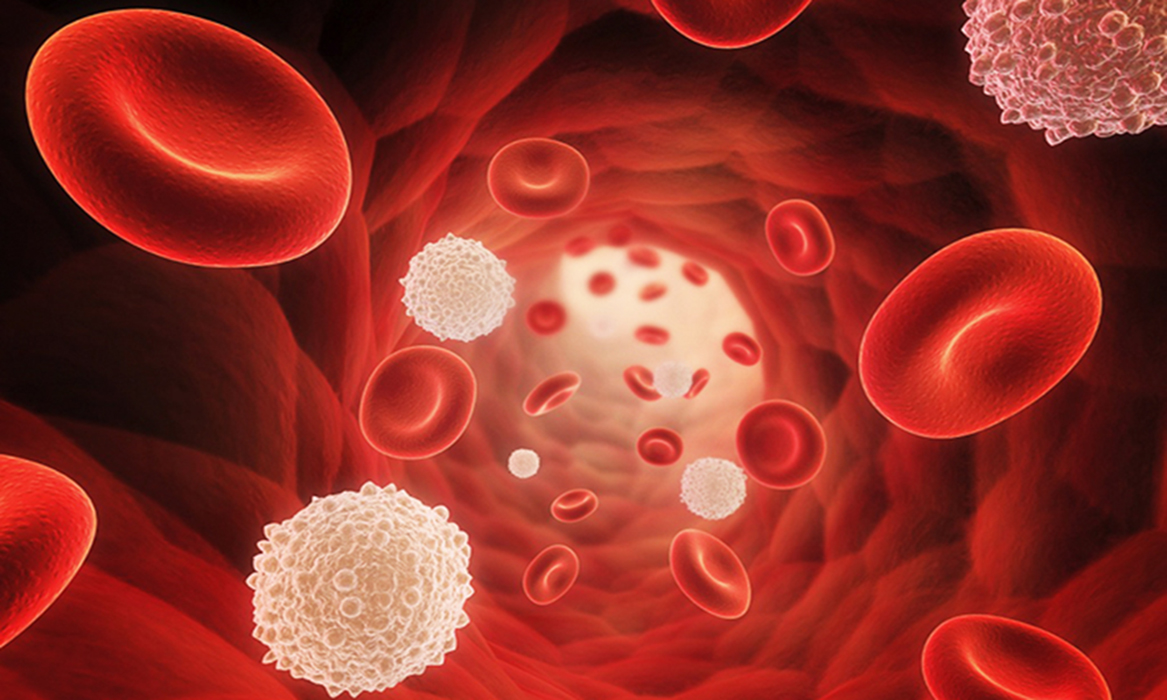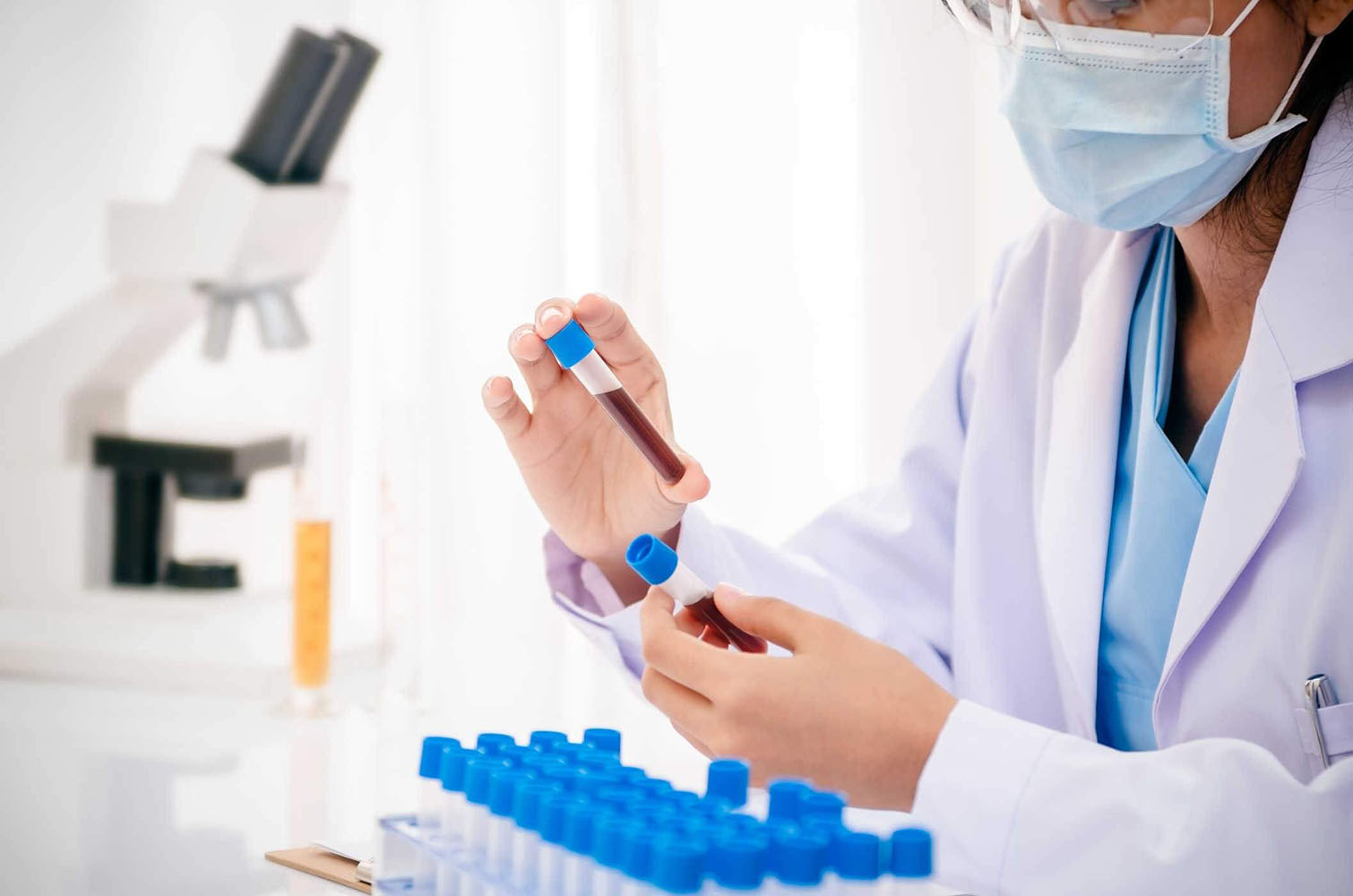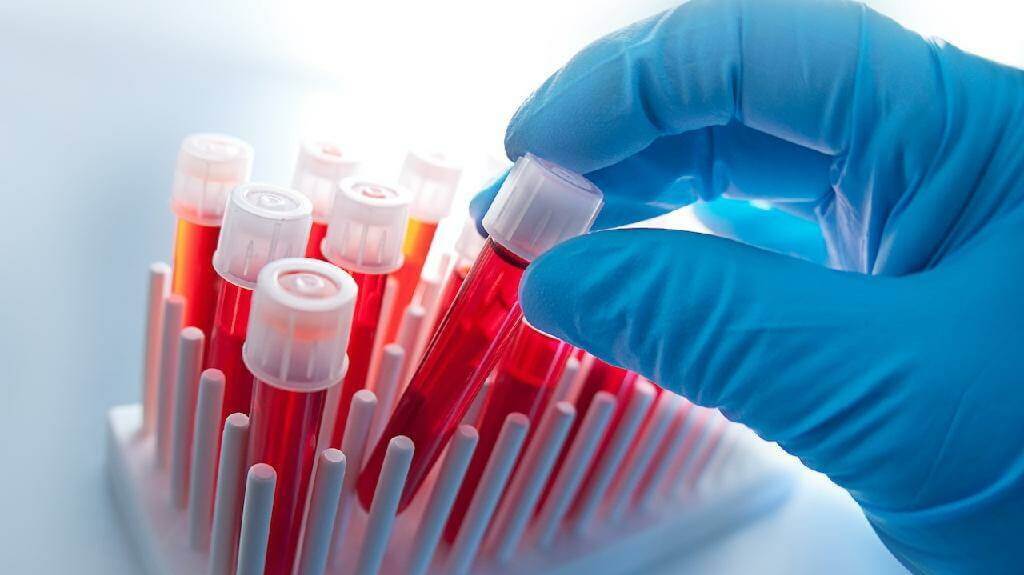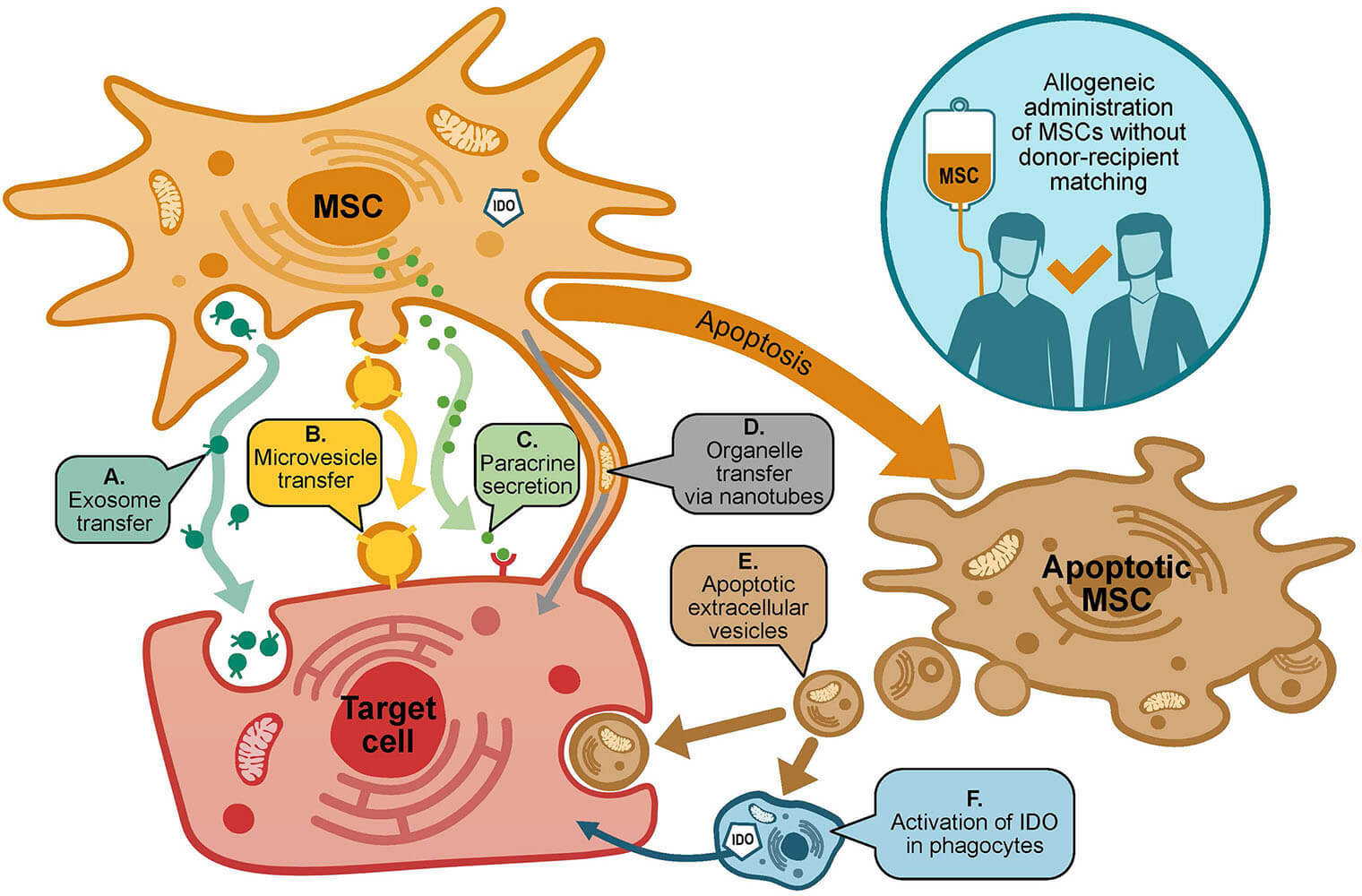Calls for Ukraine
Calls for Europe
Calls for USA

Graft-versus-host disease (GvHD) is a dangerous complication that often occurs after donor hematopoietic cells are introduced into the patient’s body. Such treatment with hematopoietic cells is prescribed for a number of diseases of the blood and bone marrow, as well as for some other diseases. For certain pathologies, such therapy is the only potentially curative method, but there is a high risk of developing GvHD.
Graft-versus-host rejection is diagnosed in about 50% of cases in people who have received hematopoietic cell transplants. It can be acute and chronic. This can affect the skin, intestines, liver and other organs and systems. In severe cases of GvHD, the risk of death is high.
Graft-versus-host disease can occur when allogeneic cells are transplanted, that is, taken from another person (donor). The reason for this reaction is that there is an immune conflict between the hematopoietic cells from the donor and the cells of the patient’s body.

In graft-versus-host disease, when hematopoietic cells enter the body, they perceive the cells of the human body as something foreign and begin to attack them. Most often, the skin, intestines, mucous membranes, and liver get hit. There are symptoms similar to those of an autoimmune disease.
To reduce the likelihood of such an organism’s reaction for transplantation, doctors try to select a donor who would be suitable for certain indicators. In particular, according to such an indicator as human leukocyte antigens. For this purpose, HLA typing is carried out. The higher the compatibility of the donor with the patient, the less the likelihood of a graft-versus-host reaction.
In addition, new methods of cleaning and preparing the graft are now being used to reduce the likelihood of such reactions, but the problem is still very serious.
An acute reaction is considered if it occurs within the first hundred days after the introduction of hematopoietic stem cells.
Characteristic signs of acute GvHD are following:
This is a very dangerous condition that is difficult to correct and quite often leads to death.

It is usually detected one hundred days after the introduction of the graft. In this case, various symptoms may also occur. In 50% of patients with chronic graft-versus-host disease, several systems of internal organs are involved in the pathological process at once.
In addition to the signs characteristic of an acute reaction, there may also be disturbances in the functioning of the respiratory system, gum disease, hair loss, loss of nails, muscle weakness, joint problems, and much more. Chronic graft-versus-host disease also poses a threat of death.
Graft-versus-host disease is difficult to treat. The goal of therapy is to weaken the immune response and retrain the immune system so that it does not attack the body’s own cells.
Treatment is selected individually, taking into account exactly what manifestations of the problem are present. Drug therapy may include the use of steroid drugs, immunosuppressive drugs. Phototherapy and targeted therapy may be involved.
However, standard treatments are often ineffective. So, for example, in acute graft-versus-host disease, about 50% of traditional treatment does not work. Mortality in this group of people within 2 years reaches 80%.
Therefore, there is a constant search for new methods that will be more effective and will reduce the mortality associated with this pathological condition. In recent years, special attention has been paid to the use of mesenchymal stem cells, the use of which shows encouraging results.

Mesenchymal stem cells (MSCs) are actively used in cell therapy and are considered to be among the best for use, due to their special properties. Mesenchymal stem cells are relatively easy to obtain and use. They can produce cytokines, growth factors and other biologically active substances, due to which they can affect other types of cells, such as cells of the immune system.
There have been many clinical trials that have examined mesenchymal stem cells from various sources for the treatment of acute and chronic GvHD. Most studies have shown positive results and effectiveness of MSCs.
According to the research results, it turned out that mesenchymal stem cells have a multifactorial positive effect: they have immunomodulatory properties, reduce tissue damage, and stimulate regeneration processes. This leads to a reduction in symptoms, an improvement in the quality of life, and in some cases, complete relief of GvHD. However, this type of cell therapy is generally safe and well tolerated by patients.
Research on this technique is still ongoing, but even today some transplant clinics offer the treatment of acute graft-versus-host disease with the help of mesenchymal cells. There have been fewer studies on chronic GvHD and MSCs, but there are also positive results that indicate the prospects for using the technique.
You can get GvHD treatment in different clinics around the world. MedTour will help you choose the best GvHD clinics that use the most advanced and effective treatment methods.
We partner with clinics that use mesenchymal stem cells to treat graft-versus-host disease. Contact us via the contact form or call us to get a free consultation and find out the answers to your questions.
You have the opportunity to contact the best doctors dealing with the problem of “graft-versus-host”. Medical coordinators of the MedTour company will help you find leading specialists in this field.
If you are interested in the possibility of using mesenchymal stem cells, you can contact Andrey Kovalchuk, Ph.D., a specialist in cell medicine.
You can consult with Dr. Andrey Kovalchuk online!
Please rate the work of MedTour
